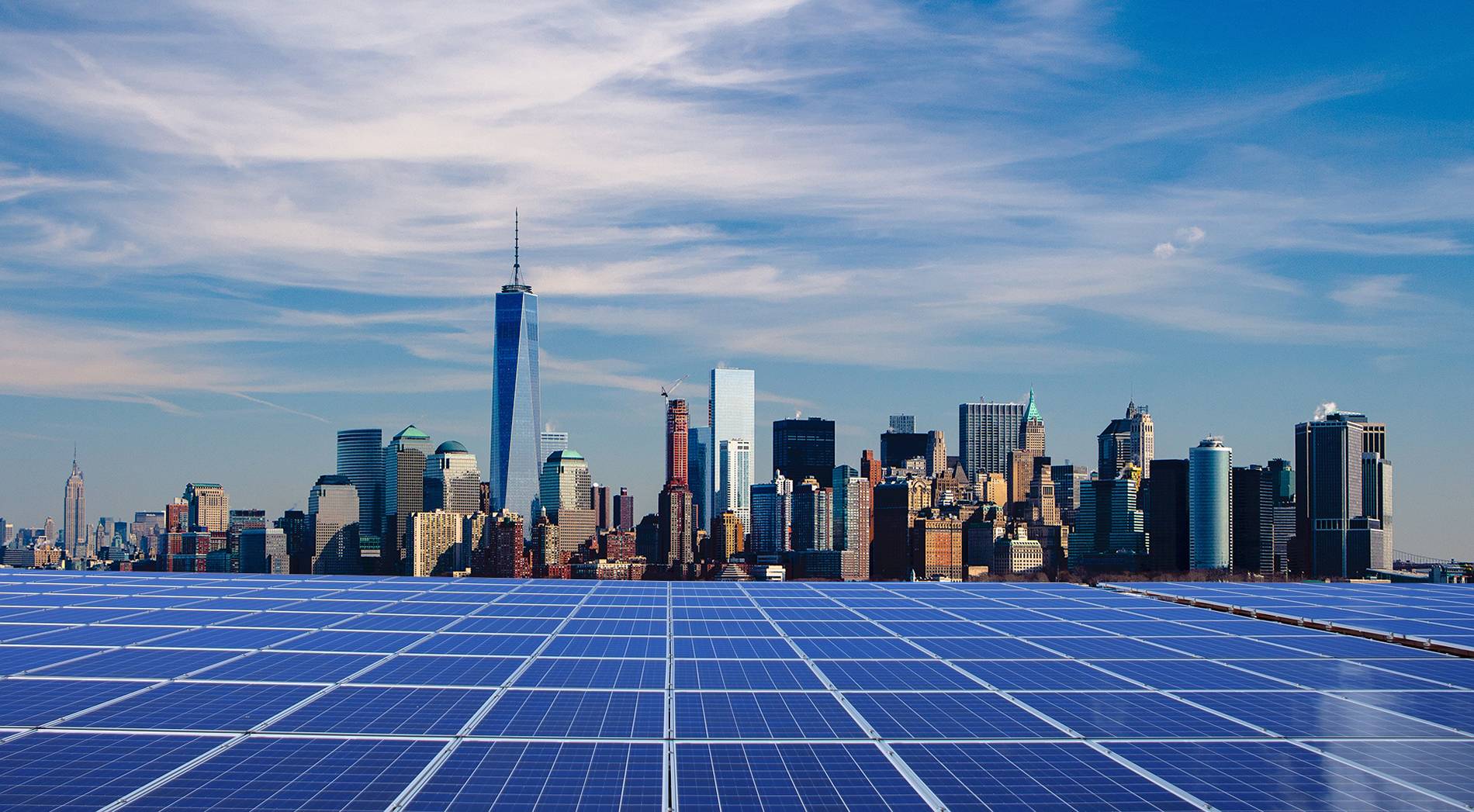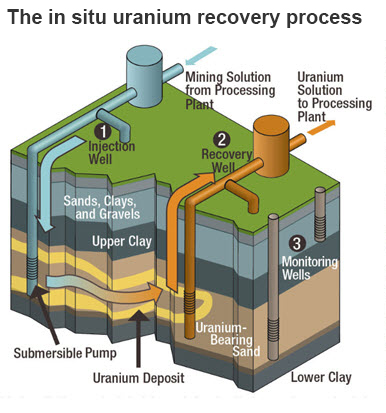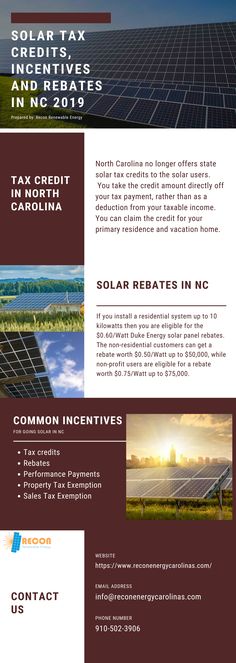
Lease solar panels to make your home more energy efficient. You should consider the benefits and the costs. By reading this article, you'll be able to decide if leasing is right for you. This option is convenient for many people.
Leasing cost
If you're considering solar panel leasing, there are a number of factors you need to consider. In most cases, leasing solar panels is cheaper than buying them. But leasing solar panels comes with some disadvantages. You won't be eligible for any rebates or incentives from the federal government or local governments. Leasing companies make money on your monthly payments and take any incentives from the sun.
The value of your house decreases, so you will have less money to buy solar panels if your goal is to sell it. You may lose the value of the home due to the cost of solar panels. If the buyer isn't interested, it might be difficult to rent it. Buyers have concerns about solar leasing, which may lead to a reduction in the cost of the lease.

Leases have many benefits
People who do not have the financial resources to purchase solar panels outright can lease them. This arrangement is cheaper than buying and requires little maintenance. Lease companies often offer special deals to first-time customers. A solar company will handle the installation, so you can enjoy the benefits of not having to worry about it. You may lose some control of the panel's location and aesthetics if you lease them.
One of the biggest benefits of leasing solar panel is the ability to reduce your monthly energy bill over a time period. You could save anywhere between 15 and 40% on your monthly utility bills depending on the size of your system. Furthermore, leasing solar panels gives you the opportunity to monetize your solar power on the SREC Market.
Leasing has its drawbacks
There are many options available to you if you are considering leasing solar panels for your home. Solar leasing comes with a few drawbacks. For one thing, leasing solar panels is a long-term commitment, so you may not be able to sell the panels when you sell your house. Solar leases may also prevent you from refinancing your home.
Another disadvantage to solar leasing, is that you are not eligible for tax incentives. Solar leasing doesn't allow you to claim the 26% federal credit for solar tax credits, as the solar company is the owner of the panels. Utility rates will be higher than traditional loans and you will have to pay them. If you are considering leasing solar panels for your home, make sure to consult with a tax professional to determine if you can get a higher tax credit.

Whether leasing is a good option for you
If you're considering solar panels for your home, you should know that leasing them from a solar lease company can be risky. The solar lease company will often try to make a profit by binding you into a long-term contract. You might have to pay the remainder of the lease payments by yourself, or find a buyer to take over the contract when you sell your house. You may also have to lower the home's value to attract potential buyers. Additionally, leasing solar panels can affect your credit score. It will make it harder for you to get a loan for your home in the future.
The best thing about leasing solar panels is the fact that you don’t have to buy them upfront. Leasing agencies will handle federal taxes and other maintenance costs. This is particularly beneficial for those who don't meet the requirements for federal tax incentives and have poor credit ratings. However, financing solar panels may be the best option for your situation if you can get a loan. Not only will it save you money over time, but it will also increase the value of your home.